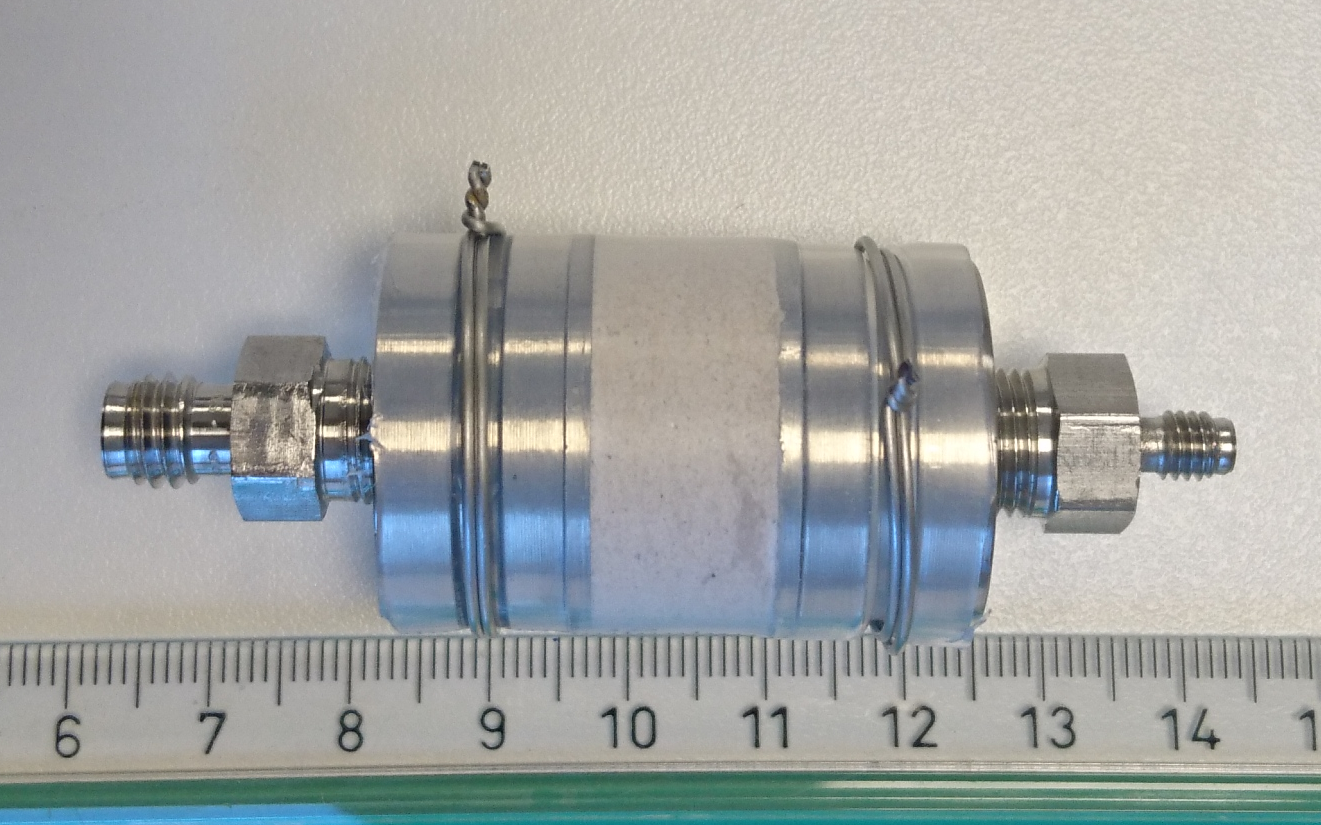Effects of confinement, clay content, clay type and water content on the CO2-permeability of clay-rich sandstones and shales
Shale and clay-rich sandstones are important barriers to flow during storage of CO2 in underground reservoirs. Shales in particular are a common caprock over targeted reservoirs, and clay-rich sandstones may form barriers between compartments of reservoirs. The permeability of these rocks is dependent on their composition, microstructure and water content, as well as on the confinement pressure. Furthermore, exposure to CO2 can lead to swelling or shrinkage of clays, which may also impact the permeability.
In this project, we study the effects of confinement, clay content and type, and water content on the permeability in clay-rich sandstones or shales. The permeability is measured under in-situ conditions on analogue samples with well-controlled mineralogy, prepared by mixing sand and clay, and compressing them into tablets at high pressure. The measurements are performed on dry samples, after which the samples are flooded with water and permeabilities are measured again. Finally, samples are dried to determine whether permeability increases again to previous levels.
